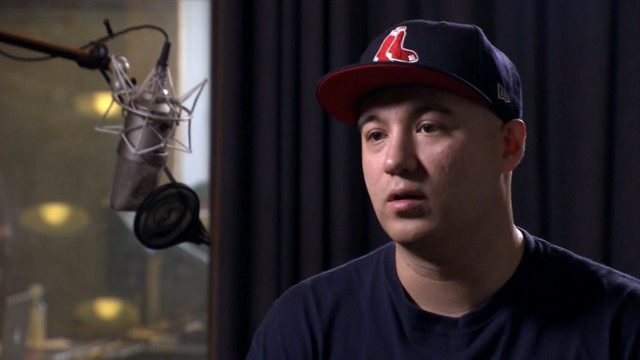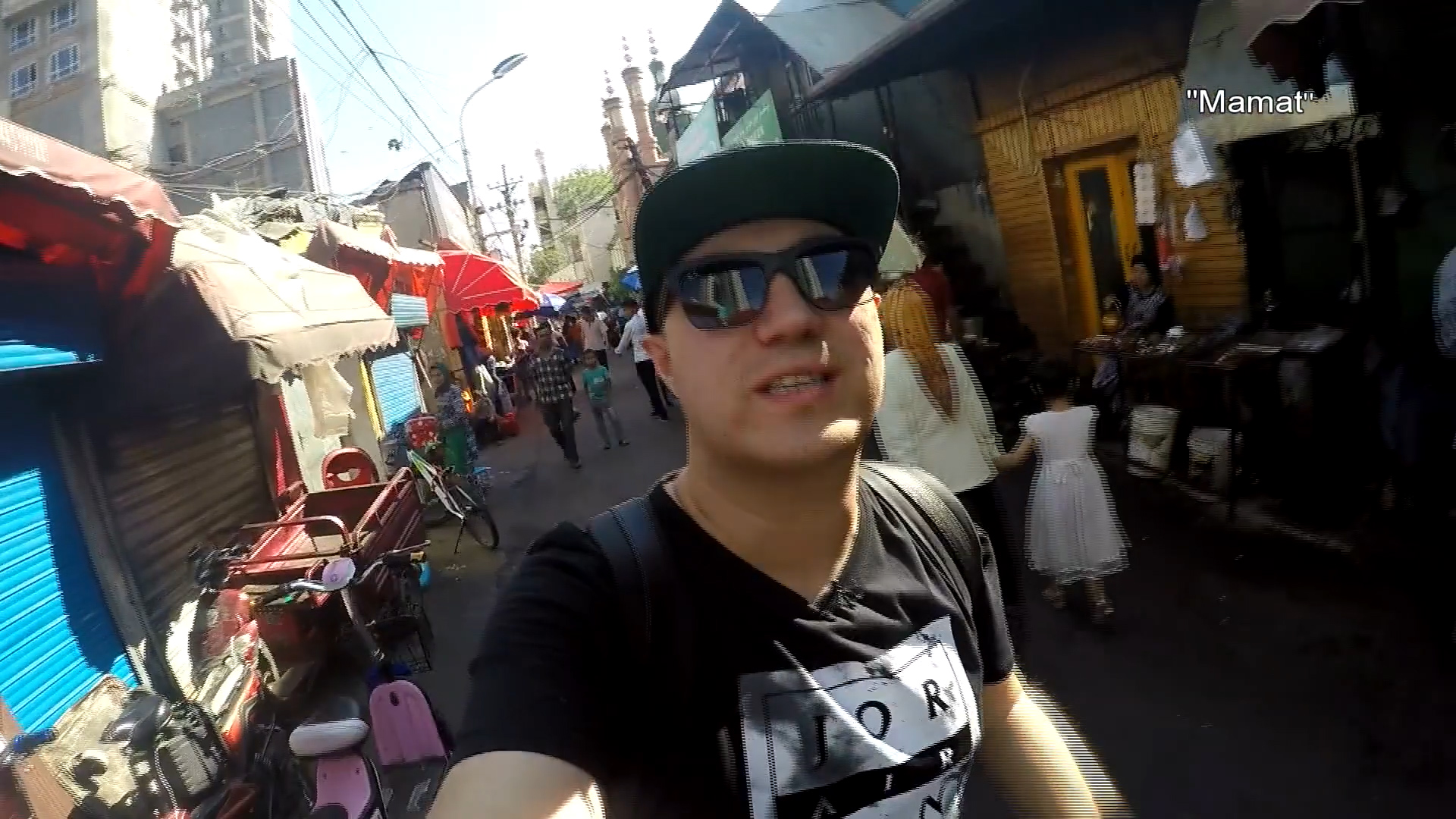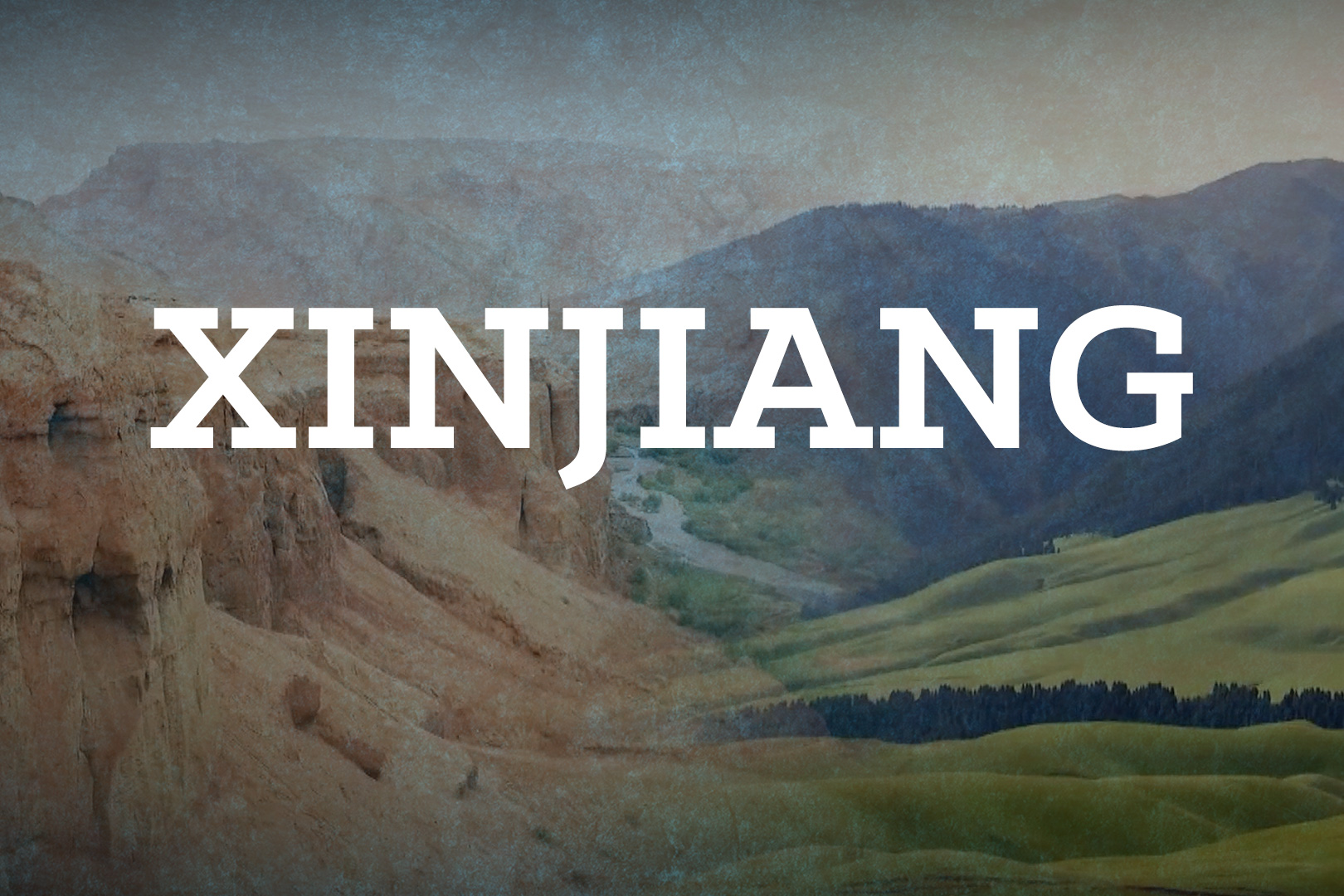From the series XINJIANG: Exploring China’s new frontier
China has a long-term policy to stabilize its far western Xinjiang Uyghur Autonomous Region. But Xinjiang has been struggling with unrest in recent years. Some young people are trying to change that image by strengthening ethnic identity in modern ways. As a part of our series Xinjiang: Exploring China’s New Frontier, reporter Han Bin profiles a Uyghur rap singer. 30-year-old A-Mac wants to use music as a bridge to overcome prejudice and stereotype. And he does it with a combination of strong rhythm and poetic lyrics… in Mandarin.
From Said A-mac Adil, Xinjiang rapper:

The song “Mamat” is created from my years of experience in mainland cities. No matter which ethnic group you belong to, you can find your own stories in it. Music has no labels, everyone can be Mamat.

My name is Adili. My Uyghur name is Adil. My hip hop name is A-MAC. I left Urumqi for Beijing when I was 6, and started to love hip hop as a child. The music has given me strength.
My hometown has given me a lot of ideas, along my journey of growth. It gives me an outlook on and value of the world. Urumqi has my sweet childhood memories. Music can get people interested first in you, and then your ethnic culture.
I use music to influence others, so that more people know the other side of my ethnic group. Uyghurs have colorful traditions, but young people are also doing cool things like everyone else in the modern world.
When I started writing hip hop songs, I used lyrics from beginning to end. But later I found Han Chinese like melodies; now I hope all my songs are popular. I stick to the musical elements of my own ethnic minority, and want to express a positive mood, giving hope and strength to the ’80s generation.
I don’t stress in lyrics I come from Xinjiang, but stress I am an ordinary young man, like everybody, who has anxieties, worries and pressures from life, and even frustrations. But I still stick to my dreams, believing in a brighter future. By using Mandarin Chinese, I hope more people can share my music, and get to know Xinjiang and Uyghur culture.
Although my music may have some strong Xinjiang style, the content may reflect the same kind of issues that all young people of my age across China have. Many say they’ve found themselves in the music.
Urbanization is fast changing the city every year. Every time I come back to Urumqi, I find new buildings getting higher, and more fashion brands are coming to the city. It has modern subways and new airports.
The fashionable atmosphere is in every place, popular with young people. I speak with music, and can change many people’s perspectives on Xinjiang. Music helps unite different cultures. People may forget about their different backgrounds and enjoy music together.
My dream is for my music to have greater influence both on the Mainland and even abroad. I hope I can stand on bigger performing stages. All young people in this city should chase their own dreams and stick to them.
I hope to change my life by working hard, and that all others can work together, to change people’s stereotypes of Xinjiang.
 CGTN America
CGTN America


